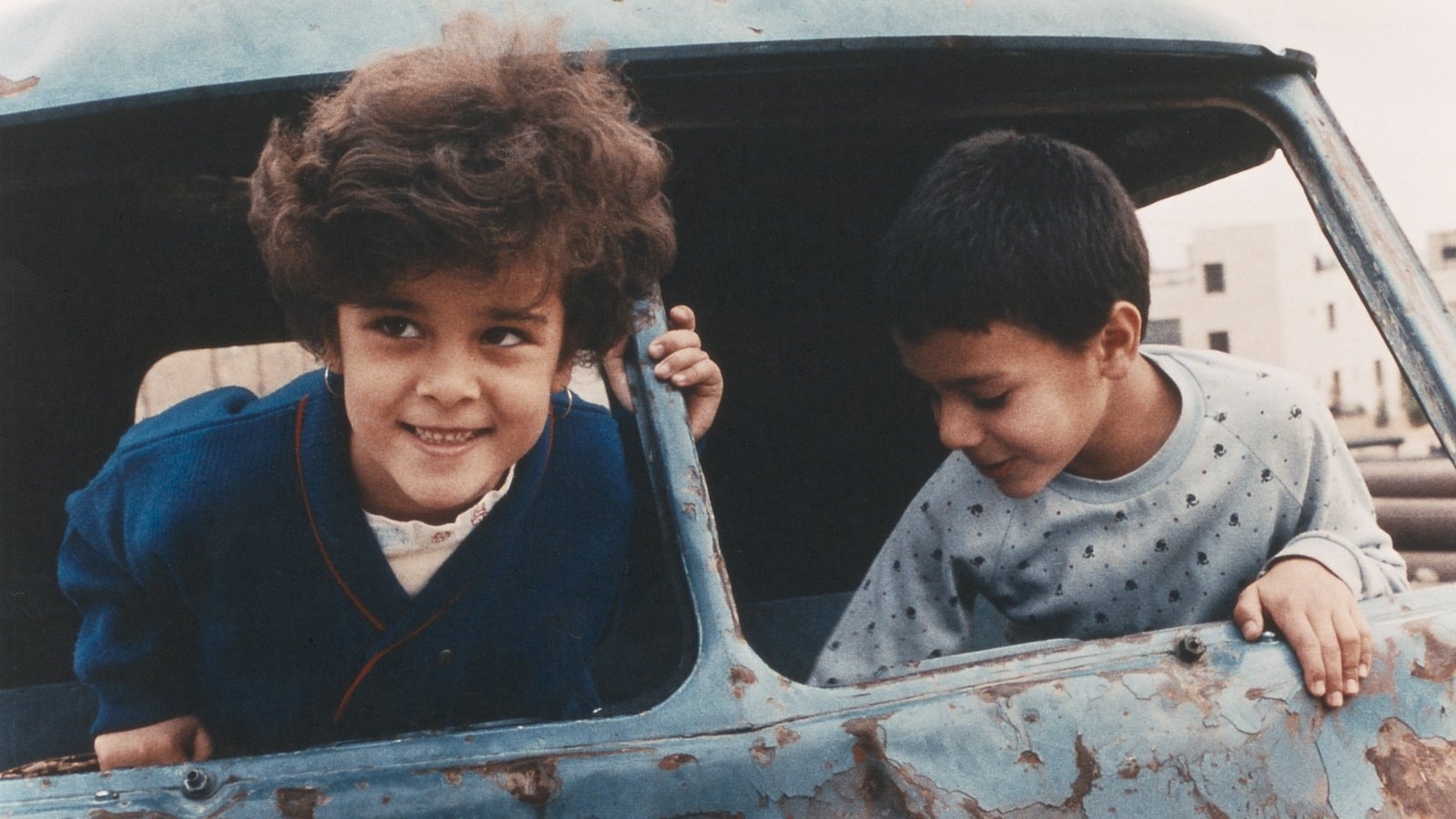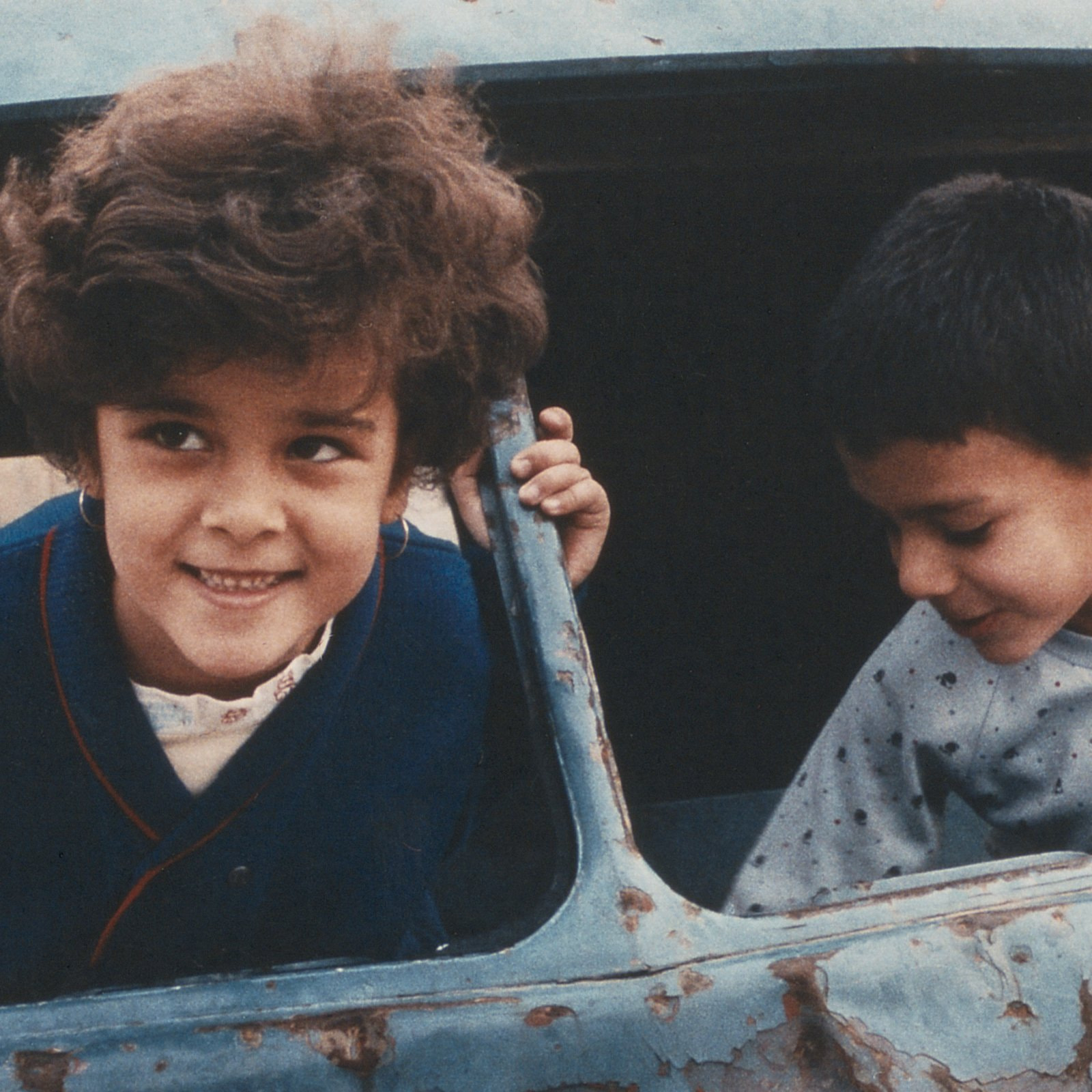A middle-aged man drives through Tehran seeking someone to bury him after he commits suicide—for a price. Arguably Kiarostami’s main and most acclaimed picture, Taste of Cherry brought him international fame and the Palme d’Or in Cannes, the first awarded to an Iranian film. Garage Screen presents the Russian premiere of the restored version.
Mr. Badii is going to kill himself the next night, but first, he wants to make sure that his unmarked grave, where he plans to die in his sleep, will be covered with earth the following day. He circles the Tehran suburbs in a jeep, trying to find someone who will do this job for a reward, and meets three strangers. Each of them becomes Badii’s passenger, who perceives and interprets this extraordinary proposal in their own way.
Taste of Cherry is one of Kiarostami’s purest yet most mysterious and metaphysical films, partly deriving from The Koker Trilogy, where the action, in two of the films, took place after a real earthquake that claimed many lives. But never before had Kiarostami been so close to and explicit about the relationship of life and death, especially embodied through a story of suicide, which is banned in Iran for religious reasons. Taste of Cherry is not a parable or psychological drama, however, that defends a person’s right to control their death.
Kiarostami attains such transparency of form and gaze, image and sound here that the film eludes straightforward definitions and interpretations. Taste of Cherry represents the life and death experience, as well as movement from one to another as a process taking place here-and-now, in real-time practically, and in this sense coinciding with the experience of the birth and formation of the film itself. The only thing we know about the protagonist is his name, thus allowing Mr. Badii to become each viewer’s reflection, a screen or a vessel of sorts for the projection of the beholder’s subjective experience. The inexplicable finale, which undermines convention and the fact that Mr. Badii and his passengers sitting in the car never appear onscreen together (Kiarostami filmed them separately from the driver and passenger viewpoint, respectively), blur the boundaries of reality and visibility, connecting them with imagination and the inner experience of the hero and the spectator.
Taste of Cherry
Dir. Abbas Kiarostami
Iran, France, 1997. 95 min., 16+

